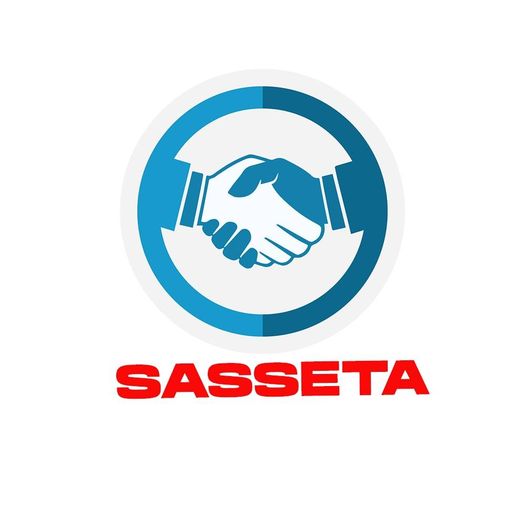
FOOD aider
FOOD aider REF NO: SALARY FOR FSA” (X2 POSTS): R131,265 annually CENTER: Pretoria
needs the following:
NQF level 1 or 2 (or Abet level 2 certificate, whichever is more appropriate). posses the following skills and abilities: the capacity to read and write, fundamental understanding of food preparation, fundamental principles of hygiene, the capacity to operate equipment used in food service, and interpersonal skills.
DUTIES
Kitchen utensils and equipment should be cleaned and kept in stock. Support services for catering include, but are not limited to: Preparing food, snacks, and beverages (water, hot and cold beverages), confirming and updating boardroom bookings, serving food and beverages, managing food supplies, reporting waste and losses, and ensuring that all food provided meets quality control standardsTake precautions for safety and hygiene, assign responsibility for cleaning supplies and materials, and empty the garbage disposal.
ASKED QUESTIONS
To inquire about any and all open positions, contact the recruitment office at (). 012) 394-5286/43097
Applications
Diversity and redress are top priorities for the Department of Small Business Development. According to the DSBD EE Plan, preference will be given to candidates whose appointment will increase representativeness in terms of race, disability, youth, and gender.
Applicants should submit applications torecruitment9@dsbd.gov.za and quote the reference number for thepreviously mentioned position on the headline (email) while applying i.e., “REFNO: FSA”.
Food Aider Requirements
What You Need to Know
When the hunger pangs strike, food aid can make all the difference. Whether it’s a natural disaster, economic hardship, or other emergencies, getting fresh food into hands that need it is vital. But what does it take to be part of the food aid solution? There are some key requirements and steps that ensure help reaches the right places. Let’s break it down.
Understanding Food Aider Roles
So, what exactly does a food aider do? Food aid workers play a critical role, whether they’re part of a big organization or volunteering locally. They help distribute food to communities in need and manage food supplies. Essentially, they’re the ones making sure that food doesn’t go to waste and ends up where it’s most needed.
Basic Qualifications
To get started as a food aider, you don’t need a fancy degree. However, a few qualifications can go a long way. Some common requirements include:
Strong Communication Skills
You’ll often be talking to people in need, so being clear and kind matters.
Physical Stamina: Food aid can involve lifting heavy boxes, moving around, and sometimes working in tough conditions.
Teamwork Abilities: Working with a team is essential. Think of it like a sports game—everyone has a role for a common goal.
Getting Trained
Training is essential. Many organizations provide specific training to help you understand food safety, distribution methods, and how to work in disaster situations. Picture this: you wouldn’t want a firefighter stepping into action without knowing how to manage a hose. Training helps ensure that you know the best practices and can respond effectively.
Legal and Safety Considerations
There are also legal and safety aspects to consider. Depending on where you live and what you’re doing, you might need certain certifications. For example, food handlers often need to complete a food safety course. This is crucial to prevent any health issues when distributing food.
Understanding Local Regulations
Each state or country may have different laws surrounding food aid. It’s essential to check in with local authorities or organizations to understand what’s required in your area. Think of it like knowing the rules before a big game—the better you know them, the smoother everything goes.
Building Relationships with Organizations
Getting involved doesn’t just mean showing up; it often involves connecting with local organizations. Whether it’s a church, community center, or a big aid organization, building relationships can open doors. These partnerships can lead to more resources, training opportunities, and a larger network of support.
Finding Your Fit
Different organizations often look for various skills. Some may need help with food sorting, while others might require logistical support.
Making a Difference
Ultimately, working as a food aider is about making a difference in people’s lives. Every can of food you move or every meal you help prepare can mean hope for someone facing tough times. It’s like planting a seed—small efforts can grow into something life-changing.
Conclusion
Food aider requirements may seem straightforward, but they play a significant role in emergency responses and community support. With the right training, skills, and connections, you can be a vital part of making sure that no one goes hungry. It’s not just about food; it’s about compassion and community. So, are you ready to step up and help?

Im Talent Mahlaba 29years old im very hyper and focus more in my job and i don’t give up easily.
Need a job urgently. .